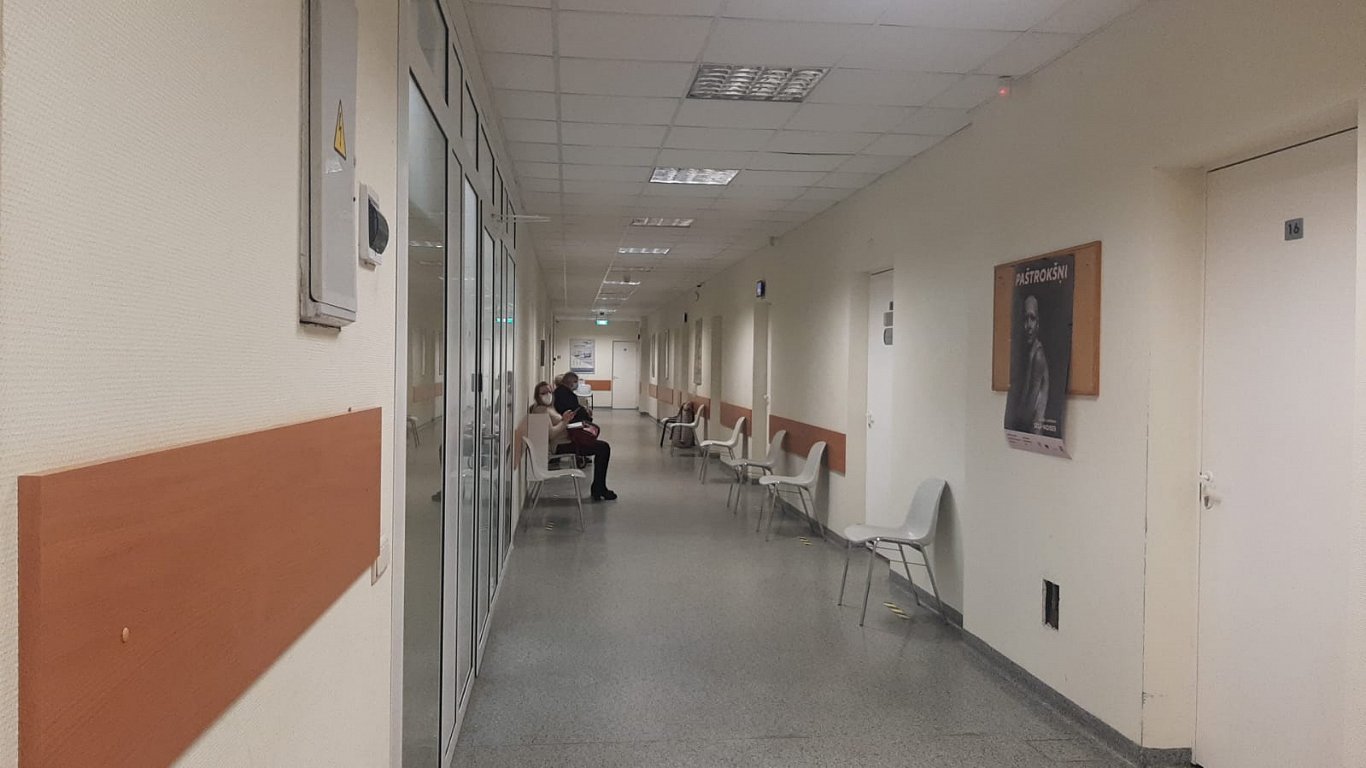The daily habits of residents and the reluctance to go to the doctor for a long period of time also contributed to high mortality rates in Latvia before the pandemic. Getting ill with Covid-19, on the other hand, can exacerbate prior illnesses.
Although the trend is on a decline, the mortality rate in Latvia remains high. The reasons are avoidable. Data on the situation two years ago show that reducing different undesirable habits would eliminate risks that would make it possible for 300 people per 100,000 inhabitants to live longer, said Dzintars Mozgis, Deputy Director for Public Health and Prevention of the Disease Prevention and Control Center (SPKC).
"Health literacy of the Latvian population is low. Both prevention and treatment are insufficient. In 2017, only 44% of the population in all age groups had good health. Most deaths are associated with classic risk factors due to unhealthy lifestyles. It is an unhealthy diet, smoking, overconsumption of alcohol, and a sedentary lifestyle," said Mozgis.
In his assessment, additional problems are caused by the overload of the healthcare system, particularly during the Covid-19 pandemic. It is also confirmed by the long waiting queues for specialist doctors.
“Not only is Covid's directly related mortality rising, but there are signs that Covid-19 is advancing a whole series of pathological processes, exacerbating and complicating chronic illnesses. Accessibility restrictions prevent patients from getting to a specialist promptly. There may be quality problems due to overload. The overall mortality rate in the population group who have had Covid-19 could be up to two times higher,” the SPKC representative said.
Riga East Clinical University Hospital representative Professor Ludmila Vīksna said: “The biggest problem is the patient's attitude. Some have refused hospital admission, checked out of the hospital and then returned for a second time. The problem is, of course, the slow process of vaccination, which has led to many victims, ill and dying."
Vīksna said that medics see the consequences of disinformation on vaccines against Covid-19 on a daily basis. Most often, patients regret believing information about vaccines found on the Internet, but it is often too late, the professor concluded.





























